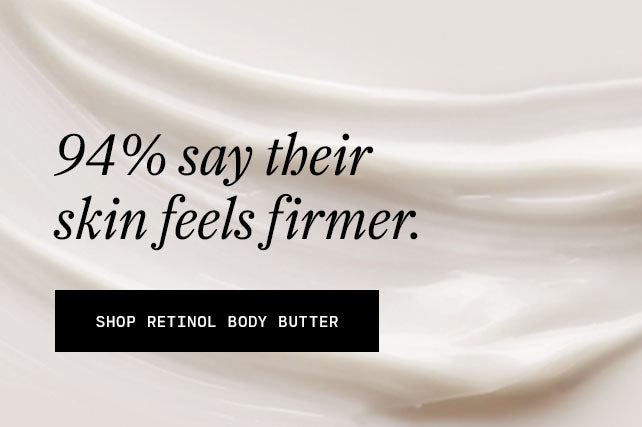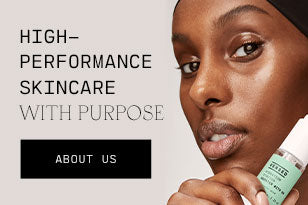
Seeing Alcohol on Your Ingredient List Isn't 'Bad". Here's Why.
When searching for new skincare to add to our routines, the first thing we’re taught is to check the product label to make sure the formula only contains good-for-skin ingredients. The problem is that some ingredients look scary on paper, but are actually pretty beneficial. Case in point? Alcohol.
When taken out of context, alcohol sounds like your skin’s worst nightmare, but not all forms of alcohol are destructive. Some are downright necessary to keep a formula intact. The trick is knowing which alcohols are ‘good’ and which should be avoided. Read our guide to the different types of alcohol, including the most beneficial ones, below.
Types of Alcohol
There are two major categories of alcohol in skincare: denatured alcohol and stearyl alcohol.Denatured Alcohol
Also known as SD alcohol or isopropyl alcohol, denatured alcohol is responsible for the lightweight (read: non-greasy) feel a product has on your skin. It’s also used as a penetration enhancer to help stubborn ingredients like vitamin C and retinol sink deeper into the skin. The catch is that, for this class of alcohol to do its job, it breaks down the skin’s natural barrier, resulting in sensitivity, dehydration, and increased risk for different skin conditions such as eczema, psoriasis, and rosacea. As a rule of thumb, avoid denatured alcohol when scanning ingredient lists.
Stearyl Alcohol
Derived from the fatty acids in coconut, palm, and nut oils, stearyl alcohol is what you want to see in a product formula. In skincare, this family of alcohol acts as denatured emulsions, surfactants, or thickeners to create formulas that feel rich in texture. They also work to keep ingredients that normally wouldn’t mix from separating.
One of the most important benefits of stearyl alcohol is that it leaves the skin feeling smooth, soft, and supple. For this reason, you’ll find this good type of alcohol in moisturizers like our Advanced Night Cream.
Beneficial Alcohols in Skincare
Here are some of our favorite types of alcohol to include in skincare.
Cetyl Alcohol
Cetyl alcohol is a fatty acid that primarily serves as a product emulsifier. Because it binds itself to water, cetyl alcohol helps prevent things like chafing and dryness, making it the perfect inclusion in creams and lotions. Cetyl alcohol is one of the reasons our Overnight Facial formula stays so hydrating.
Cetearyl Alcohol
Essentially, this is a combination of stearyl and cetyl alcohols. It provides you with the same moisturizing and formula-stabilizing benefits you’d expect from other fatty alcohols. We’ve included it in Day Maker to make sure the formula lathers without stripping the skin of essential moisture.
Glycerin
Yes, glycerin—frequently used in moisturizers and facial oils—is technically an alcohol. As the third most used ingredient in skincare, glycerin is a sugar alcohol that is known for its ability to draw in and retain moisture, thicken formulas, and denature alcohol.
We love glycerin for its ability to strengthen and repair the skin barrier when skin becomes damaged, such as over-exfoliating or getting a really bad sunburn. It is one of our favorite ingredients, so you’ll find it in the majority of our products. And since it can be produced synthetically, we’re happy to report Versed opts for a cruelty-free form.
Retinol
This vitamin A derivative is in fact chemically classified as an alcohol. Its ester, retinyl palmitate, converts to retinol once it touches the skin. As a hero in skincare for aging, retinol speeds up cellular turnover rate to smooth fine lines and crepey texture. Considering its fringe benefits for acne and clogged pores, retinol is definitely considered a non-scary alcohol.
It’s not just alcohol. Here are some other common skincare ingredients you shouldn’t be afraid of.






